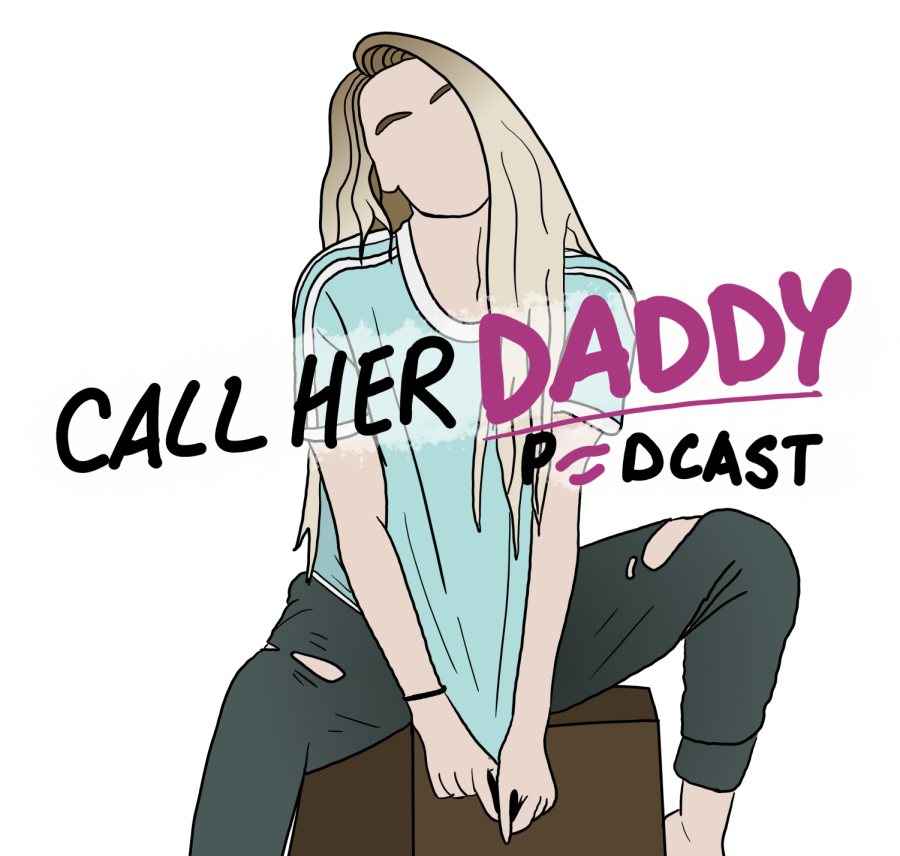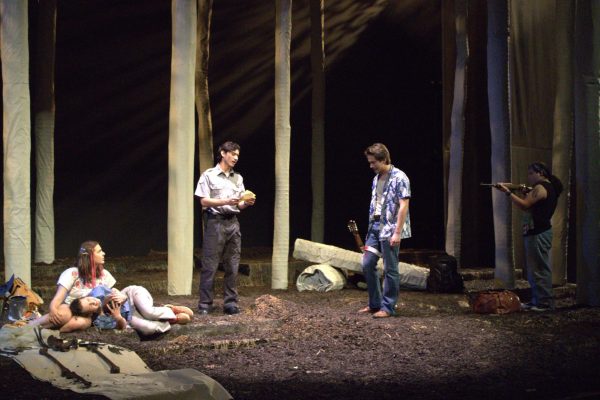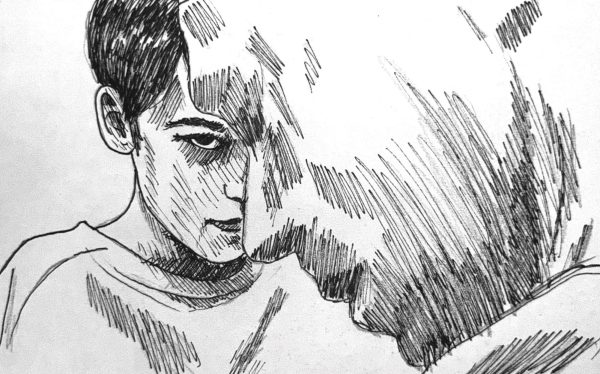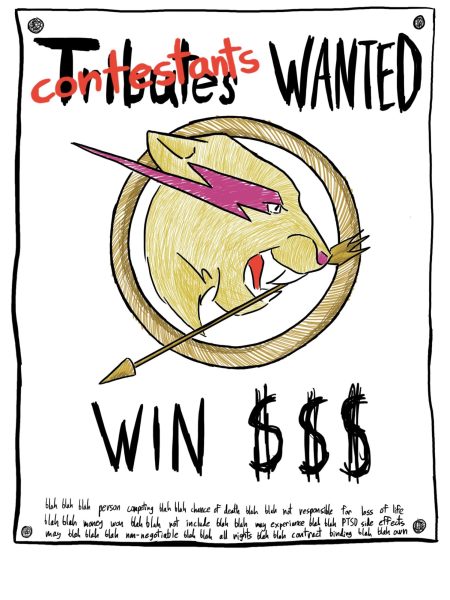Podcast Review: Call Her Daddy
Sex and relationship advice is great when you’re the target audience, but what if you’re not?
For me, the Call Her Daddy podcast is problematic, but that doesn’t stop me from listening to it every week. It has come to the point where I anticipate the release of a new episode each week a few days in advance, and I will constantly check Spotify, even though I know new episodes get released on Wednesdays.
With Call Her Daddy, you truly never know what you are going to get — some of the content can be so bad that it’s good — and I can’t stop listening.
Call Her Daddy is a comedic sex and relationship advice podcast that, rightly so, is at the top of the charts. Started in 2018 by New York City roommates Alexandra Cooper and Sofia Franklyn, the podcast quickly became affiliated with Barstool Sports. I don’t want to get unnecessarily deep into past drama, but for context’s sake, I will give a brief background.
Some contractual and monetary disputes between Barstool, Cooper and Franklyn occurred in the spring of 2020, which ended in Cooper acting as the sole host of Call Her Daddy; Cooper coined the name for herself, the “single father” of the show. Franklyn went on to create her own podcast titled Sofia with an F.
Back to the podcast at hand, the title Call Her Daddy is an unusual one, and when I first heard people talking about it, I was super confused. The idea behind the title: it is empowering to women because it takes a word normally associated with a dominant male (daddy) and applies it to the female (one who knows what she wants and is willing to take charge in her relationships, in the bedroom, and in life).
OK, great! The title is attention grabbing and reverses assigned gender roles. However, the podcast is problematic because it focuses almost exclusively on heterosexual relationships and disregards the LGBTQIA+ community.
In her recent episodes, Cooper has tried to incorporate a more LGBTQIA+ inclusive dialogue with different guests that she has interviewed, but it is unfortunate that not everyone can relate to and enjoy the podcast in its entirety. The vast majority of sex tips and relationship advice is given to a heteronormative cisgender audience.
To this audience, the podcast is beneficial because it normalizes talking (and hearing) about sex and relationships in a comedic way. I asked Chen Wang, senior psychology major and philosophy minor, what she liked most about Call Her Daddy.
“Alex Cooper is just super funny, and whenever I’m listening to the podcast, it feels like one of my girlfriends is talking to me about her wild social life,” Wang said.
In her most recent episodes, (and because she has grown up a little since the start of Call Her Daddy) Cooper has been more mindful about healthy habits in relationships, putting down the toxic tools that she used to teach.
Even for its target audience, Call Her Daddy exudes information that should be absorbed with a grain of salt. Like I said, a lot of content and advice from the older 2018-2019 episodes is quite toxic and could give audiences a tainted view of how an intimate relationship (on any level) is supposed to work.
For example, a catchphrase of the show is “cheat or be cheated on.” I’m sure Cooper and Franklyn meant this in a sarcastic way when they said it, but it’s a damaging phrase to have stuck in your head.
Problematic parts of the podcast such as this one make my eyebrows shoot up. Even so, for the rest of the podcast, I am all ears.
The funny stories and unbelievably authentic personal anecdotes are beneficial for some college students looking for a laugh and trying to navigate the confusing world of sex and relationships.
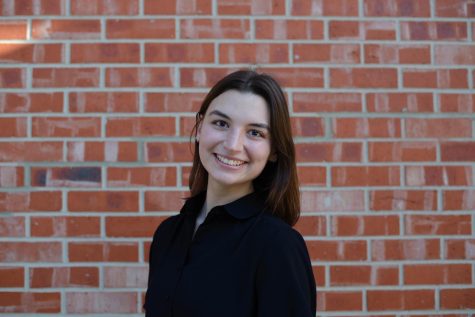
My name is Ashley Allen and I am a senior completing a BA in art history at Trinity University, with a minor in Medieval and renaissance Studies. I hope...
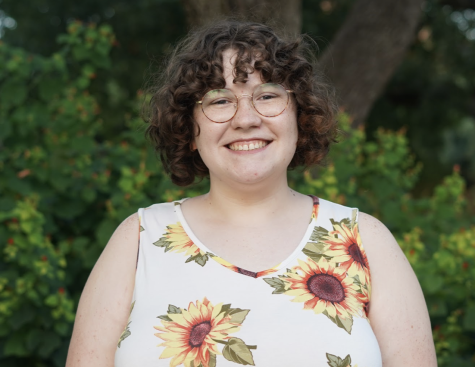
I'm a senior Computer Science major and a Classical Studies minor from Newton, North Carolina with a passion for art. I also work at the Center for Experiential...

